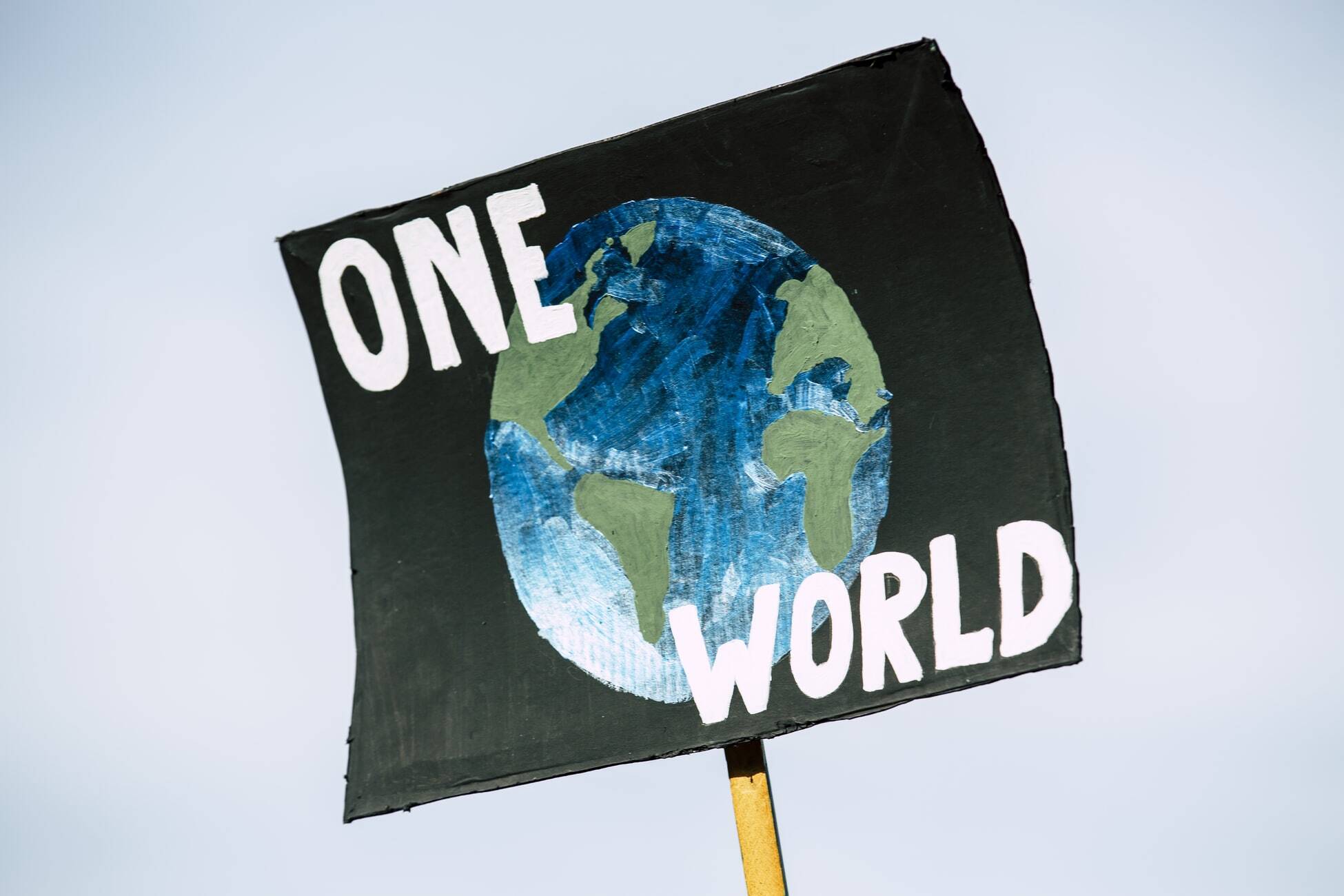5 Climate Change Solutions That Will Help the Earth

One world issue that’s remained a hot topic in recent years is the topic of climate change. Previously a concept that most of us only heard about in school and media, the effects of climate change have been more prominent in recent years.
- 2019 was the second warmest year on record, with temperatures 1.8° F warmer than the 20th century average.
- It is estimated that 1 million species are at risk of extinction due to climate change as a result of human activity.
- Antarctica has been losing 134 billion metric tons of ice per year since 2002, and will cause sea levels to rise over the next 50 to 150 years.
- Atmospheric concentration of carbon dioxide is 30% higher than pre-industrial times due to human activity like the burning of fossil fuels.
- Climate change has a severe impact on health outcomes affecting respiratory and cardiovascular disease rates, prevalence and distribution of food- and water-borne diseases, and more.
- The worst impacts of climate change could be irreversible by 2030.
As news of rising temperatures, increased air pollution, and more frequent natural disasters like tropical storms continues to plaster screens across the globe, many people are wondering what they can do to aid in combating climate change. While systematic and organizational changes from governments and corporations are the most important component in addressing climate change, there are also actions that you can take. Here are 5 climate change solutions you can implement in your life today.
Reduce. Reuse. Recycle.
One of the most common climate change solutions is recycling. Recycling helps to change the way that materials are harvested and produced are made - through the use of recycled materials, the need to clear out land and harvest virgin materials is decreased. From the systematic recycling of plastics to repurposing and upcycling, you can do your part. In addition to helping reduce energy consumption, recycling can also help to reduce costs by decreasing the number of one-time-use items you buy.
Make Environmentally-Conscious Purchases
Fossil fuels continue to rise due to increased industrialization. Cutting back on consumption or making purchases with the environment in mind can help to disrupt the industries that are contributing to climate change the most. When buying items at the grocery store, think about using a reusable bag and buying in bulk. Using a reusable grocery bag cuts down on the amount of plastic you use, while buying in bulk can help to reduce the amount of packaging you need to dispose of. Making sure that your purchases are environmentally friendly allows you to ensure that the businesses you support are doing their part to reduce pollution and waste. This climate change solution is a simple way to change up your routine that will help to make your life more sustainable.
Change the Way You Power Your Life
With new developments in technology and energy, the way that the world is powered is rapidly changing. Solar panels have been the most popular form of renewable energy for homeowners, with 64.2 GW of installed solar energy units - that’s enough to power 12.3 million American homes! Investing in an electric car can also help you to reduce your carbon footprint. Electric cars have zero direct-emissions which helps to improve the air quality in the community that you live in. By changing the way you power your life, you are employing a climate change solution that will benefit your entire community.
Implement Plant-Based Meals
The food industry is a large contributor to climate change - the food industry (production, processing, transportation, retail, and waste) account for up to one-third of all greenhouse gas emissions. The decision to eat plant-based meals helps to send a message that will be sent upwards to retailers, food producers, and policymakers. Less reliance on meat can lead to less land being used for production, less greenhouse gas emissions from livestock, and better management of scarce resources. Individuals and communities around the world are making conscious decisions and efforts to educate on the impact of food on climate change. Whether it’s one meal a week or your whole diet, this climate change solution will benefit your health and the environment.
Start the Conversation
Creating awareness about issues helps to get the ball rolling on change. Having informed, motivated dialogue on climate change can increase the amount of people who are interested and invested in the topic of climate change. This can lead to further conversations with industry leaders and policymakers on what can be done to decrease the negative effects of climate change. Organizations are taking stances on climate change, and calling on their communities to have these valuable conversations and create solutions.
Find out more about what individuals, groups, and businesses are doing about climate change by staying updated with Net Impact. Together, we can build a more sustainable future.




